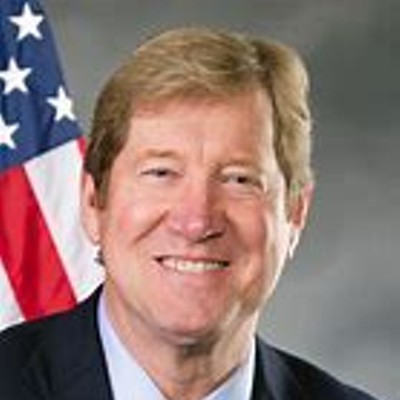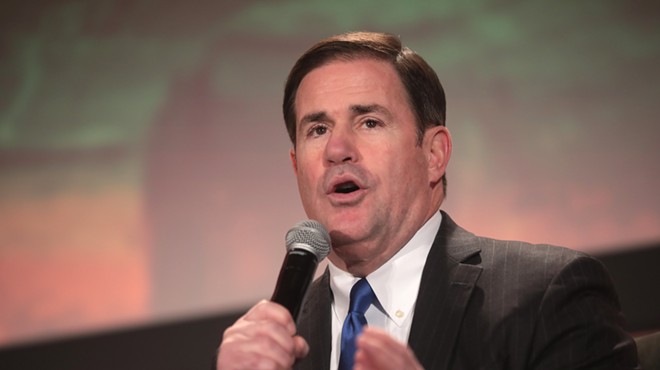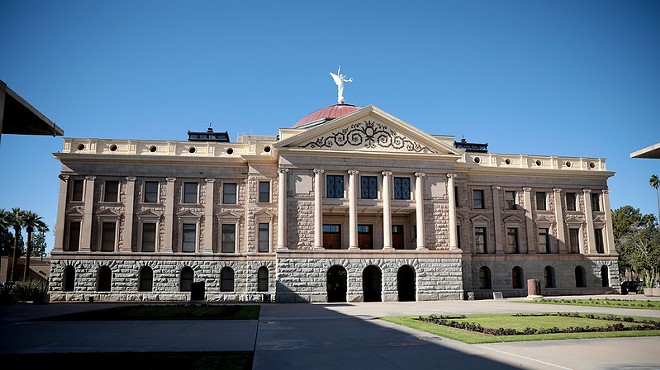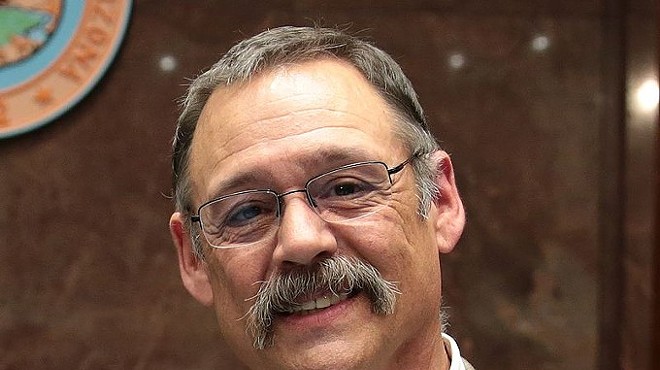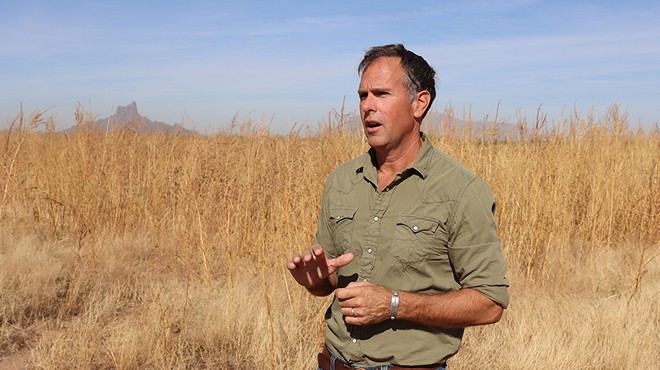Friday, September 6, 2013
Will the Next Mess We Make Be Syria?
My son and I tend to have important discussions in the car — rides to school early the morning or just running errands to the comic store, his allowance burning a hole in his pocket. And yes, we don't shy away from uncomfortable or complicated topics ... so lately it's been about Syria and what the United States should do. I'd like to think I've raised my son to help people or at least feel it's important to help people. I hope I've raised my son to have an open heart toward people who are different from us or even people who live clear across the other side of the world.
So when he turns to me in the car and says, "Shouldn't we help the people of Syria?" or "Isn't it time that we help the people of Syria?," I'm having a difficult time answering his questions because, while I understand where his 12-year-old heart is coming from, I can't agree and I'm having a hard time explaining why.
Saying it's complicated feels like a cop out, but I can't completely buy surgical precision strikes or the fact that since chemical weapons were used now is the time we should intervene. I keep thinking about Iraq and those weapons of mass destruction ... and all the other bullshit we seem to have swallowed as citizens the past 14 years or so.
I keep thinking about this image I remember seeing when President Clinton was still in office, presenting a plaque to the president of Rwanda, five years after that country's genocide, in Air Force One. I tried to find that image to post here, but couldn't. I don't think I imagined it, because I clearly remember seeing that photograph and instantly feeling shame because I wondered why we did nothing to stop what was taking place there or in Bosnia or ... on and on.
"How do we make decisions on who we help, who we don't help and when to finally respond?," I asked my son. "Rebel forces in Syria have been begging for intervention, but why do we intervene now?" "But mom, isn't it better than not intervening at all," my son said back to me.
Then early this week I stumbled on the video from Democracy Now! that discussed the skyrocketing number of children born with major birth defects and skyrocketing cancer rates in Iraq since US troops arrived there — the rates linked to the US military use of depleted uranium in its ammunition. So, even limited targeted strikes, whatever that means, used in Syria, I can't get the images out of mind of those children born in Fallujah.
Maybe you should take a look yourself (please note: this video is incredibly unpleasant, so we put it below the cut):
A recent conversation with a close friend is also on my mind — a criticism of the media coverage on intervening in Syria. After looking what we have in Iraq and recalling the past coverage, "why should the media pundits and experts present themselves as if they are credible?" He has a point. Remember Judith Miller and her early coverage in the New York Times?
But then I read a press release from a group called MapLight (describes itself as a "nonprofit, nonpartisan research organization that reveals money’s influence on politics") that arrived yesterday on the Sept. 4 Senate Foreign Relations Committee vote of 10-7 to approve a resolution authorizing military force in Syria that allows Obama to use force "as he determines to be necessary and appropriate in a limited and specified manner" for 60 days with an optional extension for another 30 days.
MapLight used OpenSecrets.org data from Political Action Committee's of defense contractors and analysis of employee contributions to look at the defense industry's interests and influence to current members of the Senate Foreign Relations Committee from 2007-2012 and guess what?
You probably guessed correctly:
Senators voting "YES" to authorize the use of military force in Syria have received, on average, 83 percent more money from defense contractors and other defense interests than senators voting "NO" on the use of military force.
Senators voting "YES" on authorization received, on average, $72,850 from the defense industry.Senators voting "NO" on authorization received, on average, $39,770 from the defense industry.
Senator John McCain, R-Ariz., has received $176,300 from defense contractors and other defense interests, more than any other member of the committee. He voted "YES" on the resolution.
The yes men:
John McCain R AZ $176,300
Dick Durbin D IL $127,350
Timothy Kaine D VA $101,025
Ben Cardin D MD $80,550
Bob Corker R TN $70,850
Bob Menéndez D NJ $60,000
Jeanne Shaheen D NH $41,872
Jeff Flake R AZ $26,900
Barbara Boxer D CA $24,150
Chris Coons D DE $19,500
Yesterday, Mother Jones reported that during an intelligence briefing held for members of Congress, only a few dozen members showed up and mostly Democrats, to discuss war on Syria. Members of Congress have said they want more time to study the issue, but only a few dozen showed up:
If the information discussed in the briefing was meant to be a game-changer for the (at last count) 106 congressmen and 53 senators who remain undecided, it fell short of its target. None of the members who entered on-the-fence seemed to emerge much closer to a final decision—with the exception of Sen. Joe Manchin (D-W.V.), who released a statement shortly afterward saying he'd vote against the resolution. Rep. Tulsi Gabbard (D-Hawaii) said "there are many considerations." Rep. Rush Holt (D-N.J.) said he's "still collecting [his] thoughts." Rep. Sheila Jackson-Lee (D-Tex.) said "this is an opportunity for Americans to stand together," but offered no indication of how those Americans should stand. Rep. Joseph Kennedy III (D-Mass.) just walked really fast.Perhaps that's because there was nothing much new to offer. Grayson, one of the most outspoken opponents of intervention—he dressed for the occasion in a black tie plastered with multi-colored peace signs and reminded reporters, once more, that he owns the website DontAttackSyria.com—lamented that the presentation he saw on Thursday was almost identical to the one he'd heard earlier in the week. "They are recycling the same old stuff," he said. "I heard nothing new."
This morning on the way to school we talked and talked. So far in that car ride no one has changed their minds. My son wants to help people and I couldn't be prouder. I want to help people to, but I just feel there must be a better way, a way our government, past and present, never seem to be willing to do.
Tags: John McCain , Jeff Flake , MapLight , Syria , talking to your kids about war , Video




